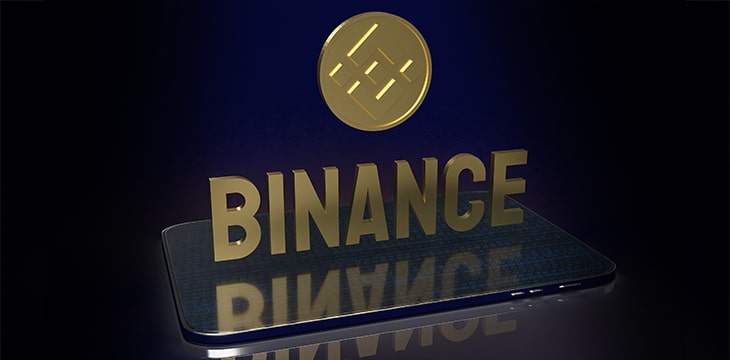|
Getting your Trinity Audio player ready...
|
A South African bank is blocking digital currency purchases on international exchanges for its clients. Absa Bank, one of the largest in the continent, has reportedly barred its clients from purchasing digital currencies on Binance. In an initial message to clients, it claimed this was because the exchange was non-compliant. However, Binance has claimed that the ban wasn’t specific to the exchange and is an industry-wide stance on digital currency firms.
Binance clients were reportedly unable to purchase digital currencies in the past few days, according to local business outlet Mybroadband. When they attempted to make payments via Absa accounts, the bank told them, “Temporary lock enabled for online purchases on credit card ending with ****. You can deactivate it via Absa Online, the Banking App or by calling the number at the back of your card for help. Auth FSP/NCRCP7.”
When the clients logged into their online banking portal to deactivate the lock, it showed that no such lock was in effect.
According to Absa’s private banking contact center, the ban went into effect on Friday. At the time, it claimed that transactions with Binance were being blocked because the exchange doesn’t comply with regulations, Mybroadband reports.
This comes just days after TSB Bank expressed similar concerns over Binance. The U.K. bank claimed that Binance had lax measures that allowed scammers to thrive. Between March 15 and April 15, TSB received 849 complaints about fraud related to Binance. When the bank attempted to contact the exchange to resolve the issue, it reportedly failed to cooperate.
Binance has denied the claims. The exchange told the news outlet that the ban wasn’t specific to Binance and was in line with the cautious stance banks have taken towards digital currency firms in South Africa.
Binance stated, “The block to users transactions/cards could be related to [the] South African Reserve Bank regulation and foreign exchange regulations.”
Absa said it was only enforcing the market regulator’s guidelines. It remarked, “In line with the country’s exchange control regulations, purchasing cryptocurrencies on debit and credit cards is not permissible in South Africa.”
South Africa’s regulators have had reason to be cautious with the digital currency industry as the country has been riddled with scammers posing as BTC investment firms. Just recently, a company known as Africrypt made off with close to $4 billion from digital currency investors. The firm even convinced its victims not to report as this would only delay its efforts to recover the funds, which it claimed had been stolen in a hack. Earlier this year, Mirror Trading International, yet another South African BTC scam, reportedly made off with hundreds of millions of dollars from investors in the country and internationally.
Follow CoinGeek’s Crypto Crime Cartel series, which delves into the stream of groups—from BitMEX to Binance, Bitcoin.com, Blockstream, ShapeShift, Coinbase, Ripple and Ethereum—who have co-opted the digital asset revolution and turned the industry into a minefield for naïve (and even experienced) players in the market.

 02-20-2026
02-20-2026 




